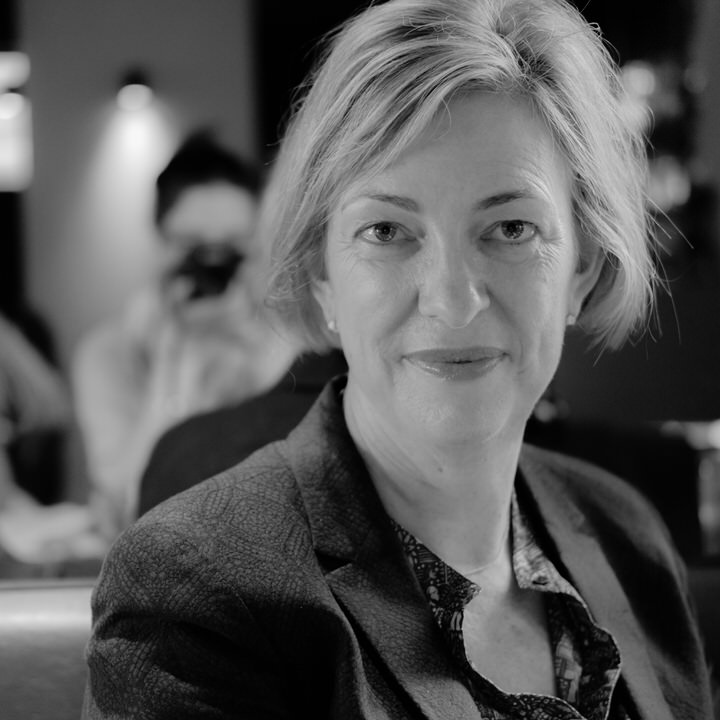I went to a funeral today where everyone wore pink; pink dresses, pink ribbons, pink ties.
At the end of the service a woman in black gently lifted a cream-coloured coffin by herself, cradling it in her arms as she carried it to the back of the chapel.
Then the pastor pushed a button on his lectern and two heavy curtains closed, meeting in the middle, like two wings folding over a fragile moment, leaving us with nothing but flowers and photos and an extinguished candle.
The parents sat still, like steel, daring the rest of us to do anything less.
A toddler burbled. An email pinged. But mostly we choked on silence.
Camryn
Earlier the pastor read a eulogy the parents had prepared, sharing stories about their daughter’s short life.
They told us about choosing her name. Kane wanted to call her Thelma, but Kristin wouldn’t hear of it. Instead they settled on Camryn Jay with CJ a nickname to mollify her father.
She was born three weeks early and there were some issues. The neonatal intensive care unit stepped in but couldn’t control the seizures wracking her tiny brain.
Eventually the medical team told Kristin and Kane their two-week-old daughter had a life-limiting condition.
The pastor paused here, his pink tie folding in the middle as his shoulders dropped a little, before gathering himself to finish the story.
Kristin and Kane
Kristin and Kane lived at the hospital, learning how to care for Camryn with her drips and nasal feeding tubes attached. They changed her nappies and bathed her.
They decided she had her father’s lips and her mother’s hands. They laughed at her habit of wetting each new nappy as soon as they put it on and marvelled at how she loved the water. They dressed her in pink and put bows around her tiny, tormented forehead. Eventually they felt confident to take her home, supported by Blue Nurses and a palliative care team.
Her family took dozens of photos of Camryn in her crib, lying on her mother’s stomach, on a blanket on the floor with the family dog, on the bed with her dad. We saw photos of grandma holding her. And granddad. An auntie and uncle.
After a week at home Camryn’s seizures intensified. Her parents rushed her to hospital and sat with her for four days until she died. In her father’s arms.
This is the story I heard today.
After the service we emerged, clutching our tissues and hiding behind sunglasses, to seek solace in each other’s company and a cup of tea.
The nurse
Eventually I approached Kristin, hoping to find the words which have eluded me for weeks now. I interrupted her laughing with a group, watery-eyed but calm. I put my arm around her and babbled something stupid, then stopped, struck by the face of someone looking on. I knew that face. But how?
“I know you,” I said.
“Yes,” she said. But that was all.
Then I noticed the uniform.
“You took care of Chelsea in hospital,” I said, turning to The Ballerina standing beside me, who was wrung out from crying but otherwise healthy and strong. Alive.
“Yes,” she said. But that was all.
Because in that moment she and I both knew I was the lucky one, the parent of a child with a life-threatening condition who’d made it.
Ten years after my baby emerged from cancer treatment I met one of her nurses at the funeral of another child. One who didn’t make it. With one arm draped around a grieving mother, I could turn to my baby and say to that nurse “look. Here she is.”
Although I’d danced on the precipice where Kristin and Kane have lived for the past six weeks I escaped their hell.
This was what I shared with the nurse in our stunted exchange.
On the way out I passed Kane, surrounded by his mates. I slapped him on the back and told him I liked the photo of CJ with her hand resting on a golf ball, then fled to my car before he could respond.
Because I still can’t find the words.


